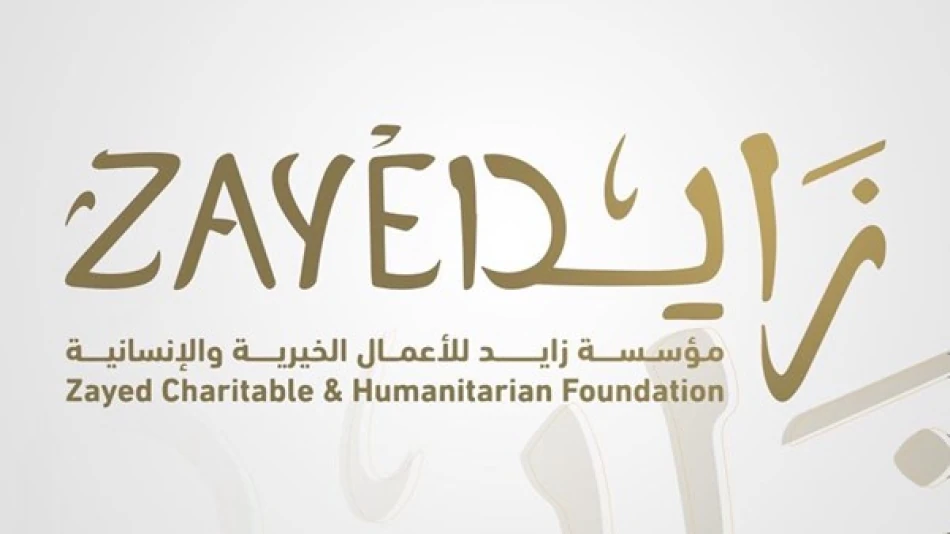
Emirati Women Soar: Pioneering Achievements and Lasting Impact on UAE's Progress
UAE Women's Day Highlights Nation's Strategic Investment in Female Leadership
As the UAE marks Women's Day on August 28, the country's approach to female empowerment stands as a calculated strategy that has transformed Emirati women into key drivers of national development and global humanitarian leadership. This recognition goes beyond ceremonial acknowledgment—it reflects a systematic investment in human capital that positions the UAE ahead of regional competitors in building a knowledge-based economy.
A Model That Delivers Measurable Returns
Dr. Mohammed Ateeq Al Falahi, Director General of the Zayed Foundation for Charitable and Humanitarian Works, emphasized that Emirati women have evolved into "primary partners" in national construction and development. This partnership model contrasts sharply with approaches in neighboring countries where female participation remains limited by traditional constraints.
The UAE's strategy mirrors successful models seen in Singapore and Nordic countries, where early investment in women's education and professional development created lasting competitive advantages. Unlike the gradual policy shifts witnessed in Saudi Arabia's Vision 2030, the UAE established this foundation decades earlier, allowing for deeper institutional integration.
Leadership Architecture Behind the Success
Institutional Framework
The recognition specifically highlighted Sheikha Fatima bint Mubarak, known as the "Mother of the Emirates," whose role as President of the General Women's Union and Supreme Chairwoman of the Family Development Foundation created an institutional framework that other Gulf states have since attempted to replicate. This top-down approach ensured policy consistency across government levels—a critical factor often missing in countries where women's empowerment remains fragmented across competing ministries.
Beyond Domestic Impact
Al Falahi noted the significant impact of Emirati women's initiatives in charitable, volunteer, and social work, particularly their positive engagement with humanitarian causes worldwide. This international dimension serves dual purposes: it enhances the UAE's soft power projection while creating networks that benefit the country's broader diplomatic and economic objectives.
Economic and Strategic Implications
For investors and policymakers, the UAE's approach offers concrete lessons. Countries with higher female workforce participation consistently show stronger GDP growth and more resilient economies during downturns. The UAE's early recognition of this correlation has contributed to its position as a regional hub for multinational corporations seeking diverse talent pools.
The emphasis on women's roles in "building a sustainable future" aligns with global ESG investment trends, where companies and countries with strong diversity metrics attract premium valuations. This positioning becomes increasingly valuable as international capital flows prioritize sustainable development goals.
Regional Competitive Advantage
While other Gulf states have launched high-profile initiatives to increase female participation, the UAE's multi-generational approach has created deeper institutional knowledge and cultural acceptance. This head start becomes particularly valuable in sectors like technology, finance, and renewable energy, where the UAE competes directly with global hubs rather than just regional centers.
The focus on women as "the main axis in instilling societal values in future generations" represents long-term strategic thinking that extends beyond immediate economic returns to cultural and social stability—factors that multinational investors increasingly weigh when selecting regional headquarters locations.
Most Viewed News

 Layla Al Mansoori
Layla Al Mansoori






